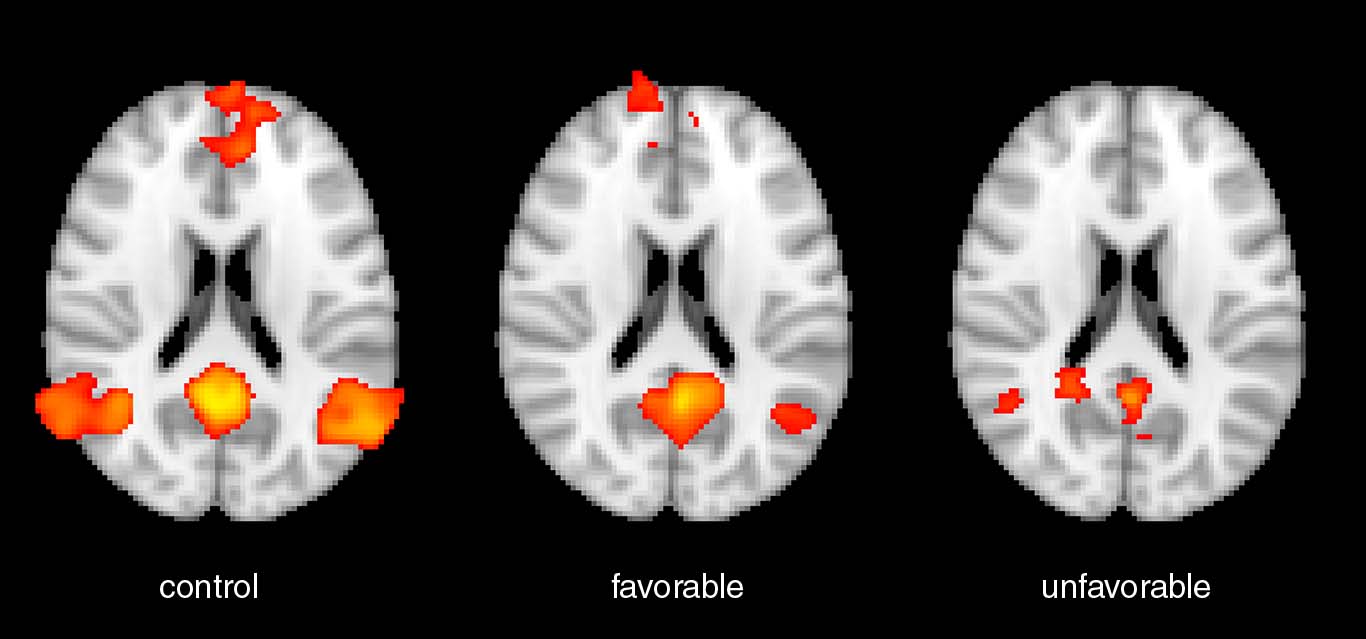MRI May Predict Neurological Outcomes for Cardiac Arrest Survivors
Connectome analysis shows promise in a study of 46 patients in a coma after cardiac arrest.

MRI-based measurements of the functional connections in the brain can help predict long-term recovery in patients who suffer neurological disability after cardiac arrest, according to new Radiology research.
Study lead author Robert D. Stevens, MD, from Johns Hopkins University School of Medicine in Baltimore and colleagues, used advanced MRI techniques like diffusion tensor imaging and resting-state functional MRI (fMRI) to focus on the brain’s large-scale functional integration after cardiac arrest.
“Current methods to predict future levels of function for survivors of cardiac arrest have limited accuracy,” Dr. Stevens said. “We need better methods to understand the magnitude of these injuries and make more accurate predictions on recovery, thereby enabling more informed decision-making.”
The researchers assessed the brain’s functional connectivity in 46 patients who were in a coma following cardiac arrest. The imaging, performed within two weeks of cardiac arrest, included studies of brain structure and function. Functional imaging focused on four well-characterized networks in the brain, including the default mode network and the salience network.
One year after the patients’ cardiac arrests, the researchers assessed the patients with the Cerebral Performance Category Scale. Eleven patients had favorable outcomes. Functional connectivity was stronger in those who achieved higher levels of independence at one year compared with those who were heavily dependent.
A key predictor of outcomes was the interaction between the default mode and the salience networks, which are normally anti-correlated. When researchers compared the brain imaging results of patients who had favorable outcomes with those who did not, they noticed a stark difference.
“Anti-correlation was preserved in patients who recovered and abolished in those who did not,” Dr. Stevens said. “Relative preservation of this anti-correlation was the most robust signal of a favorable outcome.”
While researchers don’t expect connectome analysis with MRI to be the solution to predicting outcomes, it could increase the confidence that clinicians have in communicating with patients’ families in the wake of cardiac arrest. Additionally, fMRI could aid in the development of therapeutic interventions for neurologically disabled patients.
“This is game-changing information about what happens in the brains of people who suffer cardiac arrest,” Dr. Stevens said. “Connectome studies have the potential to change not only outcome prediction, but to guide treatment as well.”

Web Extras
- Access the study, “Early Functional Connectome Integrity and 1-Year Recovery in Comatose Survivors of Cardiac Arrest,” at http://pubs.rsna.org/doi/full/10.1148/radiol.2017162161